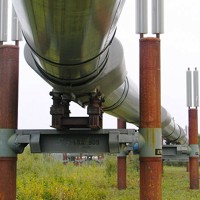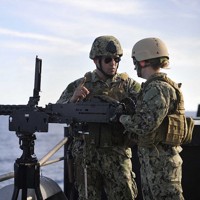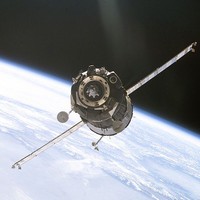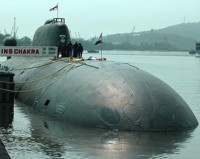
In late-May, India, Pakistan, Afghanistan and Turkmenistan initialed a gas sale and purchase agreement (GSPA) for the long-envisioned Turkmenistan-Afghanistan-Pakistan-India (TAPI) pipeline project. The step is being seen regionally as a marker of seriousness for a project that until a few years ago was categorized as a dark horse when compared to the much-touted Iran-Pakistan-India (IPI) pipeline, itself currently on hold due to both Iranian inertia as well as Washington’s firm opposition to the project. For the United States, forward movement on TAPI serves to further isolate Iran from regional integration efforts, while showcasing the potential of its New Silk Road […]



